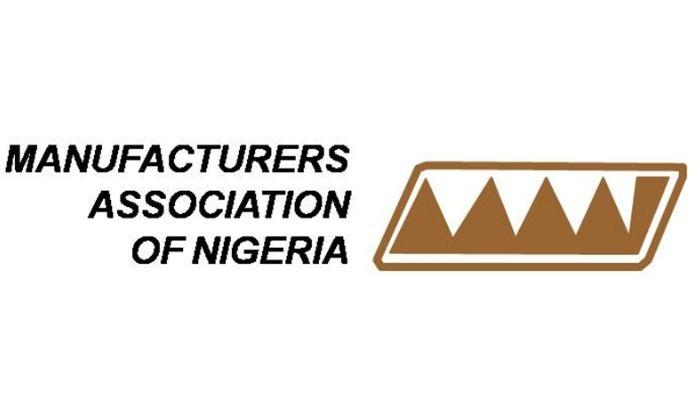A significant disagreement has erupted between the Kano Electricity Distribution Plc (KEDCO) and the Manufacturers Association of Nigeria (MAN) in Kano State over MAN’s plan to bypass KEDCO and purchase electricity directly from the Niger Delta Power Holding Company (NDPHC). MAN’s motivation stems from persistent power supply challenges that have hampered manufacturing operations in the state. They believe a direct connection to NDPHC offers a more reliable solution. This move, however, has been met with strong opposition from KEDCO, which accuses MAN of undermining their efforts and acting in bad faith. The core of the dispute revolves around accusations of energy theft, disputed tariffs, and the effectiveness of KEDCO’s service to MAN members.
KEDCO contends that MAN’s decision to seek an alternative power source is unwarranted and reflects a pattern of antagonistic behavior. The distribution company claims to have provided substantial discounts to MAN members, totaling N3 billion over the past year, as a gesture of goodwill and support for the manufacturing sector. They also point to their efforts in providing a relatively stable power supply, averaging 20 hours per day to industrial customers, which they claim places them among the top performers nationwide. Furthermore, KEDCO asserts that MAN’s complaints are disingenuous, given the substantial financial concessions KEDCO has offered and the consistent power supply they have maintained. The company has expressed disappointment over the lack of acknowledgment from MAN for these efforts, and believes that MAN has misrepresented the situation to NDPHC and other stakeholders.
The dispute is further complicated by KEDCO’s accusation of widespread energy theft among MAN members, resulting in estimated monthly losses of N2.5 billion. KEDCO asserts that despite attempts to collaborate with MAN on an anti-theft program, the association has failed to cooperate. This alleged energy theft significantly impacts KEDCO’s financial viability and undermines its ability to invest in infrastructure improvements and provide reliable service. KEDCO argues that this behavior underscores MAN’s untrustworthiness as a partner and justifies their decision to discontinue support offered through the association. They maintain that direct engagement with individual customers provides a more effective and transparent approach.
MAN, on the other hand, justifies its move to NDPHC by citing the critical need for stable electricity to revitalize industries and safeguard jobs in Kano State. They argue that the current power supply situation, despite KEDCO’s claims, remains inadequate for their operational needs. The unreliable power supply forces them to rely on expensive backup generators, increasing production costs and hindering their competitiveness. From MAN’s perspective, the potential benefits of a direct power purchase from NDPHC outweigh the existing arrangement with KEDCO, promising a more consistent and affordable power supply that would stimulate economic growth in the region. They view this as a necessary step to ensure the survival and growth of the manufacturing sector in Kano.
The involvement of NDPHC adds another layer of complexity to the situation. While NDPHC has expressed its willingness to supply power directly to MAN members, they have emphasized that such an arrangement must adhere to existing regulations and infrastructural capabilities. The feasibility and legality of this direct supply remain a point of contention, with KEDCO arguing that such a move contradicts current regulatory frameworks governing the electricity market. This raises questions about the potential implications for the overall stability of the power sector and the potential for creating a precedent for other industrial customers to bypass distribution companies. The regulatory framework governing electricity distribution and the potential ramifications of bypassing existing distribution channels will be crucial in determining the outcome of this dispute.
Ultimately, the conflict between MAN and KEDCO underscores the broader challenges plaguing the Nigerian power sector, particularly the struggle to provide reliable and affordable electricity to industrial consumers. The accusations of inadequate service, energy theft, and disputes over tariffs reflect the complex interplay between power providers, distributors, and consumers. This situation highlights the urgent need for comprehensive reforms within the power sector to address issues of infrastructure, regulation, and accountability. A sustainable resolution requires a balanced approach that recognizes the legitimate concerns of both MAN and KEDCO, while also considering the broader implications for the stability and development of the Nigerian power sector. A long-term solution necessitates cooperation between all stakeholders, including government regulatory bodies, to establish a transparent and efficient framework that promotes reliable power supply and fosters economic growth.


